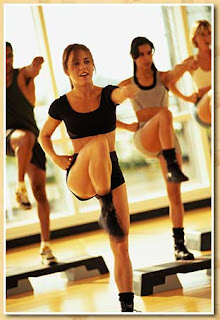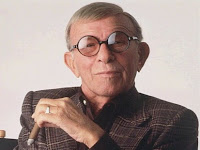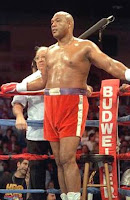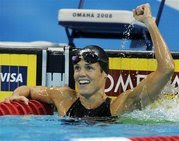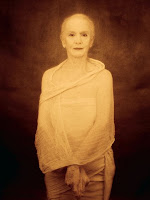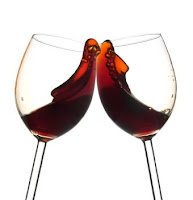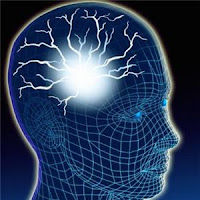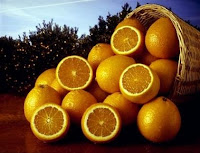Check it out: Higher energy states may lead to quicker aging. No, no, no…not vibrancy–higher energy as in cost, energy expenditure.
A recent study showed that energy expenditure, measured in a metabolic chamber over 24 hours and during rest, predicted natural mortality. Researchers looked at 652 non-diabetic, healthy Pima Indian volunteers. Total energy expenditure was tracked between 1985 and 2006 with a mean follow-up time of 11.1 years, while resting metabolic rate (RMR) was evaluated between 1982 and 2006 with a mean follow-up time of 15.4 years. During the study period, 27 study participants died of natural causes.
The results were that as energy expenditure increased, so did the risk for natural mortality. Hmmm…
According to Reiner Jumpertz, M.D., lead author of the study, “We found that a higher endogenous metabolic rate, that is, how much energy the body uses for normal body functions, is a risk factor for earlier mortality. This increased metabolic rate may lead to earlier organ damage (in effect accelerated aging) possibly by accumulation of toxic substances produced with the increase in energy turnover.”
Before you get all worked up, the data did not apply to exercise-related energy expenditure. Said Jumpertz, “This activity (exercise) clearly has beneficial effects on human health.”
Here’s the best way to look at this: Energy expenditure increases during fight or flight responses–or during times of stress. Further, the body will also increase metabolism when it has lots of food to breakdown (another form of stress). When the energy needs of the body go up during these times of stress–so does natural aging.
The ideal situation is to get your body to the lowest energy state possible. This means eating smaller meals, getting physically fit, and reducing musculoskeletal stress by bringing your body back into proper function (through things like chiropractic care, massage, and functional rehabilitation). Fail to do these things and you will increase the rate at which you age. These results may be preliminary, but I think they’re telling. May as well start now, before time passes you by.




